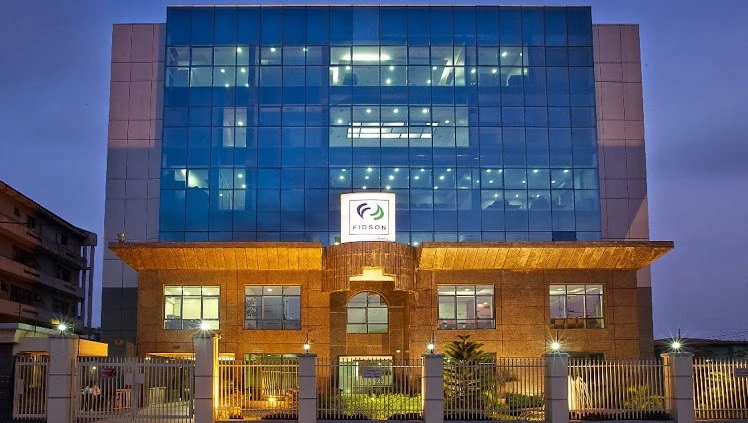Linus Aleke in Abuja
The Alumni Association of the National Institute for Security Studies (AANISS) has restated its call for the government to train and empower local communities to serve as the first line of defence against violent extremism in the country.
The association, in a communique signed by its President, Barr. Mike Ejiofor, stressed that the nation is grappling with numerous security challenges, including regional separatist movements, kidnapping, banditry, farmers/herders conflicts, terrorism, illegal arms deals, cybercrimes, and human trafficking.
To effectively tackle this myriad of security threats confronting the nation, Ejiofor noted that communities must organise themselves and seek approval from relevant security agencies for orientation on community approaches to threats of attack.
According to the communique, “Our traditional value of communalism should be revived through traditional institutions at community levels to prepare them as the first line of defence in security initiatives. This will enhance inclusiveness, trust, cooperation, proactive measures in crime prevention, and serve as a check on potential security challenges at the grassroots level.
“Relevant agencies should make Counter Terrorism Instruments available for information, education, and use by all, including traditional rulers. This should also be incorporated into our educational programmes in schools. State governors should have a buy-in for the effective inclusion of local government councils.”
The communique also stated that AANISS will liaise with the Department of State Services (DSS) to work out guidelines and modalities for implementing first-line defence measures in communities.
Noting that relevant institutions must organise workshops and seminars for judicial officers on the implications of decisions that affect national security, Ejiofor said that AANISS and other related associations will continue to promote dialogue among stakeholders, including government agencies, the judiciary, private security firms, traditional rulers, religious and community leaders, towards deploying practical approaches to curbing insecurity in the country.
He stated that it is clear that mobilising stakeholders to curb insecurity in Nigeria requires a practical, inclusive and coordinated approach.
He said that the communique affirms the commitment of AANISS to enhancing intelligence sharing, fostering robust partnerships and implementing strategic initiatives that address the multifaceted nature of insecurity in Nigeria.
The communique emphasised the need for a paradigm shift from a theoretical approach to insecurity to a more robust and inclusive practical approach.
Revealing that there is an inadequate number of security and intelligence personnel to cover all communities, including ungoverned spaces, AANISS emphasised the need for collaboration and cooperation among various government organisations, ministries, departments, and agencies.
AANISS also called for collaboration between Nigerian security agencies and neighbouring Francophone countries to enhance intelligence gathering and security operations at the country’s borders.
The association further advised that security, intelligence, and other related institutions should include people who can speak French in their recruitment processes, given our Francophone neighbours, stressing that “this will facilitate easy communication and reduce border crimes”.
Recall that in February 2025, the Director General of the Department of State Services (DSS), Adeola Ajayi, called on communities across Nigeria to take an active role in defending themselves against armed groups.
Ajayi who spoke at the maiden annual lecture of the Alumni Association of the National Institute for Security Studies (AANISS), in Abuja stressed the importance of community involvement in tackling insecurity, adding that security agencies alone cannot protect every area.
He said: “The practical approach to curbing insecurity is to get everyone involved. The military and police cannot be everywhere. Communities must be the first line of defence. Our culture is communal; we do things together – festivals and ceremonies. So why can’t we fight some miscreants, some charlatans among us, together?”





